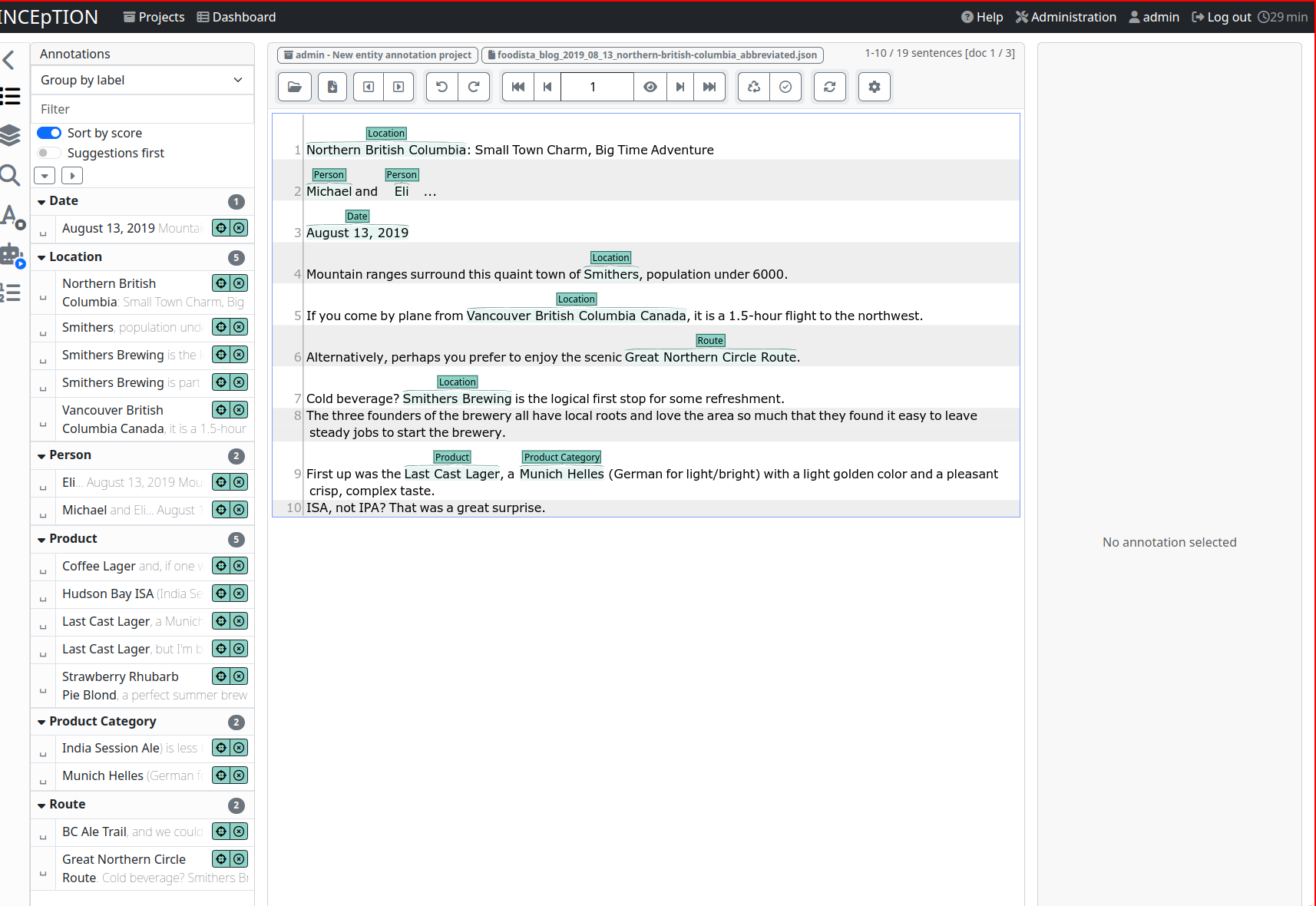serhii.net
In the middle of the desert you can say anything you want
-
Day 2264 (13 Mar 2025)
Installing SSDs into M.2 slots and drive stuff
- M.2 slots have keys: How do I install an M.2 SSD on my computer? - Transcend Information, Inc.
- B+M means both B and M slots are acceptable for the B+M module
CLI:
sudo lshw -C disktells you all disks h
-
Day 2262 (11 Mar 2025)
Python fsspec copying files
In fsspec
fs.copy()doesn’t really work from local to remote, also existing or not-existing directories etc.Their documentation has a whole page on this: Copying files and directories — fsspec 2024.10.0.post13+gdbed2ec.d20241115 documentation
-
Day 2251 (28 Feb 2025)
Gitlab cli runner `glab`
GitLab CLI -
glab| GitLab Docs: CLI thingy to interact with gitlab.It’s really neat and has a cool CLI interface, either you set things through flags or you get a neat menu to choose from!
Smart enough to parse current directory!
Pipelines:
glab ci statusfor a curses interfaceglab ci status -lis a live view as they run
-
Day 2250 (27 Feb 2025)
git tags
Git Tag: A Tutorial for Tagging Releases in Git - DEV Community
#ligthweight tag git tag v1.0.0 # full git tag -a v1.0.0 -m "Releasing version v1.0.0"Tags don’t get pushed automatically. For this,
git push origin v1.0.0
Python dynamic versioning with uv and hatch
- Writing your pyproject.toml - Python Packaging User Guide
uvuseshatchwhich has this to say about dynamic versioning: Configuring project metadata - Hatch
[project] dynamic = ["version"] [tool.hatch.version] path = "..."Path is a python file w/ version info. If using
srclayout,srchas to be included in the path.jFor uv, this works. Described for example here: Versioning Python Projects with Hatch (I like
__init__.pythough, not about as that guide does)uv-dynamic-versioning · PyPI exists but I don’t really see why.
Rotating PDF files
Because every single goddamn time
Command line: How do you rotate a PDF file 90 degrees? - Unix & Linux Stack Exchange
pdftk input.pdf cat 1-endwest output output.pdf1-is needed because page range, here for all pages.endwestetc from man page:[<begin page number>[-<end page number>[<qualifier>]]][<page rotation>]The qualifier can be even or odd, and the page rotation can be north, south, east, west, left, right, or down.
Each option sets the page rotation as follows (in degrees): north: 0, east: 90, south: 180, west: 270, left: -90, right: +90, down: +180. left, right, and down make relative adjustments to a page’s rotation.
-
Day 2243 (20 Feb 2025)
Helm TODO
- Just got sold on this as a way to automate creation of config maps, secrets and friends!
- Though allegedly hard-ish to learn
- Need to look deeper.
- Just got sold on this as a way to automate creation of config maps, secrets and friends!
-
Day 2238 (15 Feb 2025)
Git change name or email in commit history
This is brilliant: Git, rewrite previous commit usernames and emails - Stack Overflow
TL;DR
git config --global alias.change-commits '!'"f() { VAR=\$1; OLD=\$2; NEW=\$3; shift 3; git filter-branch --env-filter \"if \\\"\$\`echo \$VAR\`\\\" = '\$OLD' ; then export \$VAR='\$NEW'; fi\" \$@; }; f"Then
git change-commits GIT_AUTHOR_NAME "old name" "new name" # last 10 commits git change-commits GIT_AUTHOR_EMAIL "old@email.com" "new@email.com" HEAD~10..HEADDepending on why I need this, I may need also
GIT_COMMITTER_[NAME/EMAIL]For multiple times, I created an
change-commit-fthat forces overwiriting the backup:git config --global alias.change-commits-f '!'"f() { VAR=\$1; OLD=\$2; NEW=\$3; shift 3; git filter-branch -f --env-filter \"if \\\"\$\`echo \$VAR\`\\\" = '\$OLD' ; then export \$VAR='\$NEW'; fi\" \$@; }; f"
A quick tldr from other answer, may be better but untested:
git config alias.change-commits '!'"f() { VAR=\$1; OLD=\$2; NEW=\$3; shift 3; git filter-branch --env-filter \"if \\\"\$\`echo \$VAR\`\\\" = '\$OLD' ; then export \$VAR='\$NEW'; fi\" \$@; }; f " git change-commits GIT_AUTHOR_NAME "<Old Name>" "<New Name>" -f git change-commits GIT_AUTHOR_EMAIL <old@email.com> <new@email.com> -f git change-commits GIT_COMMITTER_NAME "<Old Name>" "<New Name>" -f git change-commits GIT_COMMITTER_EMAIL <old@email.com> <new@email.com> -f(Previously: 220408-1822 Gitlab ‘you cannot push commits for ..’ error)
-
Day 2236 (13 Feb 2025)
Automated A-B testing
Lines of code that beat A/B testing (2012) | Hacker News / 20 lines of code that will beat A/B testing every time
TL;DR: A/B testing that automatically increases how often “good” versions are shown
-
Day 2223 (31 Jan 2025)
Annotating PDFs with INCEpTION notes
First impressions
-
- Docker works:
docker run -it --name inception -p8080:8080 ghcr.io/inception-project/inception:35.1$ docker run -it --name inception -v /srv/inception:/export -p8080:8080 ghcr.io/inception-project/inception:35.1- data will be in
/srv/inception
- data will be in
- Docker works:
-
Creating a project automatically fills it with sample data:

-
Tagsets
- Export format is:
{ "name" : "BBK", "description" : null, "language" : null, "tags" : [ { "tag_name" : "aaa_human_processed", "tag_description" : null }, { "tag_name" : "block", "tag_description" : null } ], "create_tag" : false }- Import format: I can get it do do only txt, one tag per line, first line is name of tagset
-
A layer has to be linked to a feature (string) which then can be linked to a tagset: (INCEpTION User Guide)
- then you can add keybindings manually
- and the “editor type” for the tag list is neat, “Radio group” works nicely for tagsets it doesn’t consider small
-
annotations get saved automatically
-
in the viewer, you can set
dynamicfor annotations differing based on color
Import/Export
- Admin->Export can
- export the entire projects
- project + separately a copy of the anntations
- To import a project: admin->projects, where you can create a new project, you can also import. You import the .zip without extraction
Features
- Supports overlapping annos
- Supports annos across page boundaries
- Doesn’t support gaps in annos!
Resources
- Not-official but really nice tutorial: 12. INCEpTION — New Languages for NLP
-